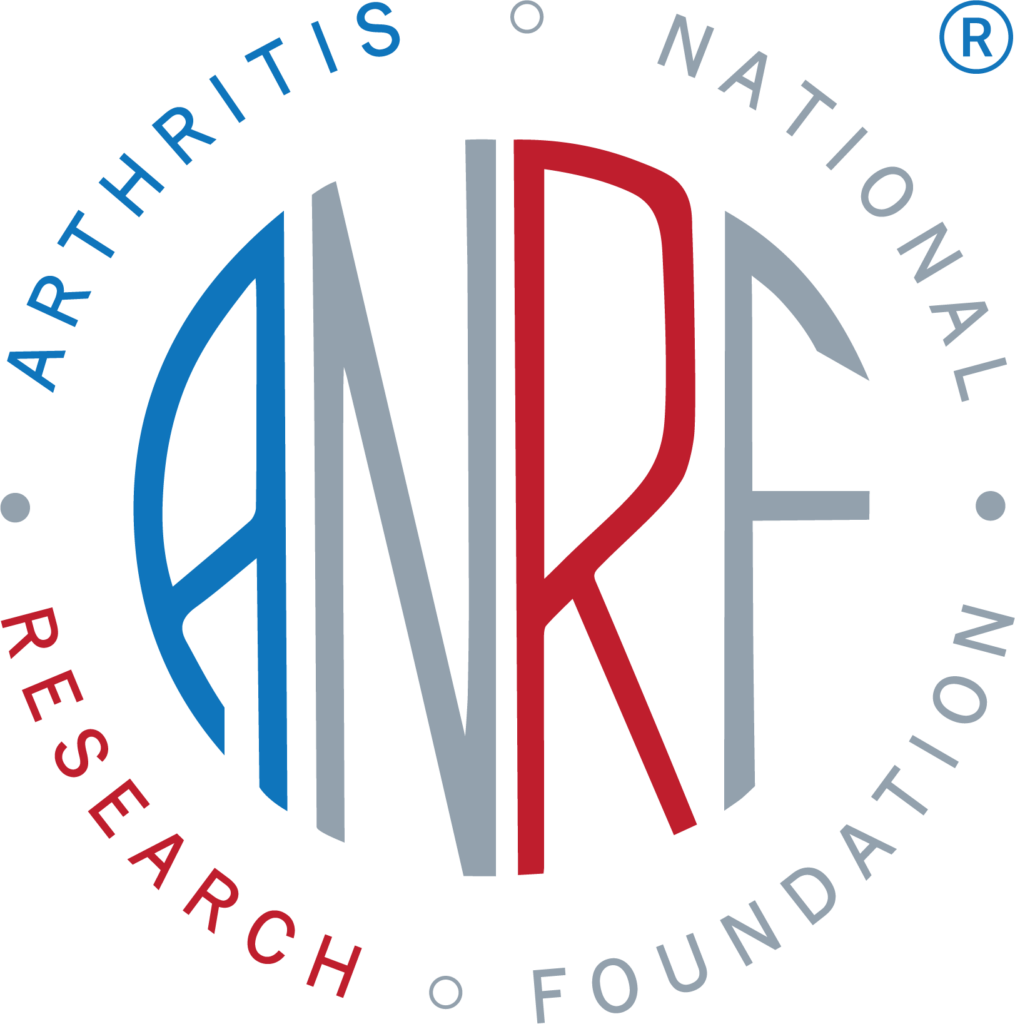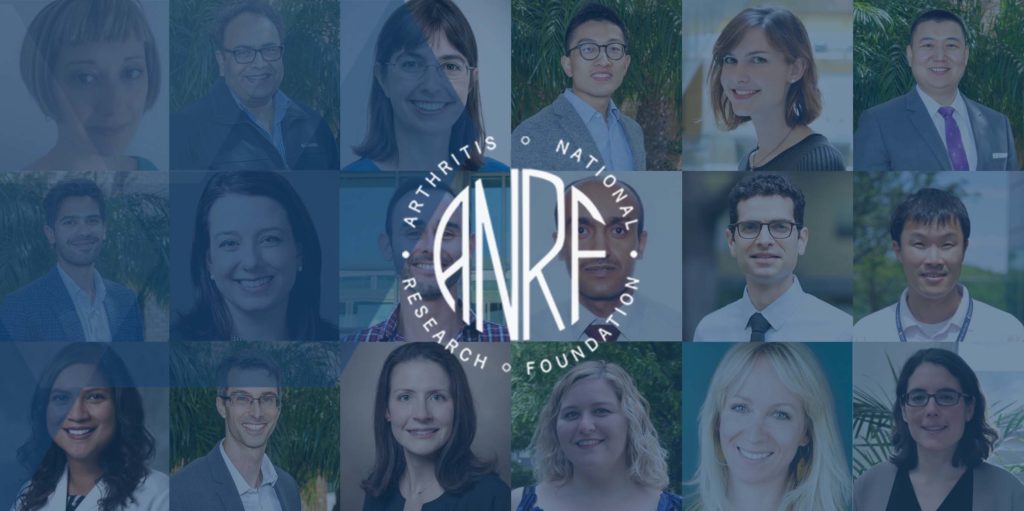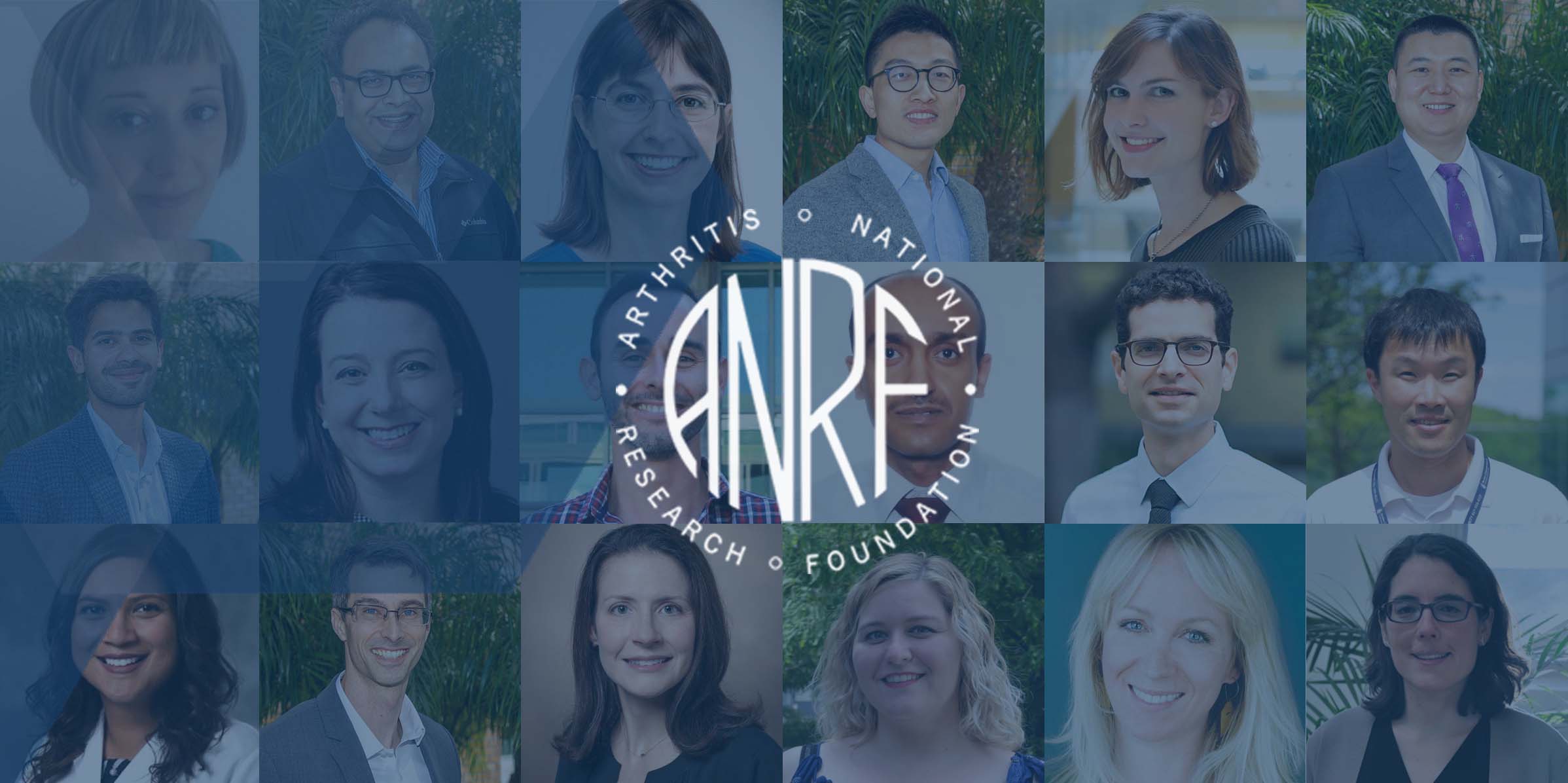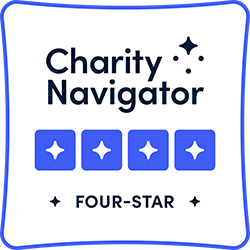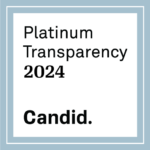ARTHRITIS NATIONAL RESEARCH FOUNDATION ANNOUNCES 2022-23 GRANT RECIPIENTS
Early-career scientists receive funding to pursue arthritis and related autoimmune disease research
IRVINE, Calif. — (BUSINESS WIRE) — The Arthritis National Research Foundation (ANRF) today announced the 19 early-career scientists who will receive grant funding and makeup the 2022-23 cohort. The eight first-year grantees will each receive $100,000 and for the first time, second year grantees will be awarded an increased amount of $125,000 each.
“The pursuit of arthritis and related autoimmune disease research is more critical than ever as the numbers of those impacted continue to grow,” said ANRF CEO Emily Boyd Stormoen. “We are inspired and encouraged by the level of ingenuity and possibility in the research ideas presented by the scientists receiving funding and are grateful we are able to offer the funding we do, including the additional amount for the second-year grantees.”
Scientist research in the coming year will focus on arthritis and related autoimmune diseases including Rheumatoid Arthritis, Juvenile Idiopathic Arthritis, Ankylosing Spondylitis, Gout, Spondylarthritis, Osteoarthritis, Lupus and Scleroderma. Grant funding is made possible by industry partnerships, foundation support and donations by individuals and organizations.
Bahram Razani, M.D., Ph.D. from University of California, San Francisco is the Janssen Immunology Psoriatic Arthritis Fellow, which is supported by The Janssen Pharmaceuticals Companies of Johnson & Johnson. Four scientists will be supported by fellowships from the Valiant Women Grant started by Louise Dawson, an ANRF donor. Two scientists receive the distinction of named fellows after Gale “Morrie” Granger, Ph.D. and Carl F. Ware, Ph.D., both prominent names in arthritis study and research.
The scientists receiving funding in 2022-23 include:
FIRST YEAR GRANT RECIPIENTS
Ramadan Ali, Ph.D.
University of Michigan
“The Role of Neutrophils and NETs in the Pathogenesis of Scleroderma”
Shabana Amanda Ali, Ph.D.
Henry Ford Health System
“Elucidating the Role of miR-126-3p in Osteoarthritis”
Sanja Arandjelovic. Ph.D.
Gale “Morrie” Granger Fellow
University of Virginia
“Removal of Apoptotic Cells in Inflammatory Arthritis”
Susan Canny, M.D., Ph.D.
Kelly Rouba-Boyd Fellow
University of Washington
“The Role of Cytokines in Monocytes During Macrophage Activation Syndrome”
Isidoro Cobo, Ph.D.
University of California, San Diego
“Epigenetic Mechanisms of Macrophages during Gouty Inflammation”
Heather Faust, Ph.D.
Brigham and Women’s Hospital
“Adipose Tissue as a Memory T Cell Storage Site in Inflammatory Arthritis”
Anna Patrick, M.D., Ph.D.
Carl F. Ware, Ph.D. Fellowship Award
Vanderbilt University Medical Center
“Mechanisms of the Th1.17 Cell Development in Polyarticular Juvenile Idiopathic Arthritis”
Bahram Razani, M.D., Ph.D.
Janssen Immunology Psoriatic Arthritis Fellow
University of California, San Francisco
“Role of A20 in Restricting Psoriatic Skin and Joint Disease”
SECOND YEAR GRANT RECIPIENTS
Jonathan Brunger, Ph.D.
Judy E. Green Valiant Women Fellow
Vanderbilt University
“Synthetically Regulated Cell-Based Therapeutics for Targeted Articular Cartilage Regenerative Medicine”
Roxane Darbousset, Ph.D.
Brigham & Women’s Hospital
“Platelets as Neutrophil Amplifiers in Systemic Sclerosis”
Maria Gutierrez-Arcelus, Ph.D.
Vic Braden Family Fellow
Boston Children’s Hospital
“Splicing Disruption in Systemic Lupus Erythematosus”
Pui Y Lee, M.D., Ph.D.
Boston Children’s Hospital
“mTORC1 in the Pathogenesis of Systemic Juvenile Idiopathic Arthritis”
Ruth Napier, Ph.D.
Oregon Health & Science University
“Understanding how the CARD9-neutrophil-Th17 Axis Controls Ankylosing Spondylitis”
Michael Paley, M.D., Ph.D.
Washington University in St. Louis
“Mechanistic Insights into Organ-Specific Manifestations of Spondyloarthritis”
Nisarg Shah, Ph.D.
The Sontag Foundation Fellow
University of California, San Diego
“Microparticle-Assisted Modulation of Regulatory T cells in Rheumatoid Arthritis”
Anil Singh, Ph.D.
Washington State University
“Molecular Reprogramming of Rheumatoid Arthritis Synovial Fibroblasts by interleukin 6”
Theresa Wampler-Muskardin, M.D.
Kathryn Suzanne Ferris Fellow
Hospital for Special Surgery
“Type I Interferon Pathway Activity Informs TNF-inhibitor Treatment Response in Rheumatoid Arthritis”
Shouan Zhu, Ph.D.
Ohio University
“Metabolic Regulation of Chondrocytes by Sirt5 and Protein Malonylation in Osteoarthritis Development”
Yu Ray Zuo, M.D.
University of Michigan
“Mechanisms of the Infection-Induced Autoimmunity in COVID-19 and Beyond”
About ANRF and ANRF Grants
Each year, applications for grants open in the fall, typically with a mid-January deadline to apply. ANRF’s Scientific Advisory Board (SAB), comprised of world-renowned physicians and Ph.D. scientists, studies and selects the most promising research. Once reviewed and scored in an SAB meeting, top projects are moved forward to the Board of Directors for approval.
Since 1994, ANRF has awarded more than $22M to nearly 200 scientists at approximately 90 universities and institutions in the U.S. With more than 58.5 million adults and 300,000 juveniles living with doctor-diagnosed arthritis in the U.S., the investment in research is essential and the only way to improve treatments and therapies, and find a path to a cure.
Complete requirements, policies and the application portal can be accessed at curearthritis.org/research-grants.
Contact:
Jenn Casey, Director of Marketing & Communication, jcasey@curearthritis.org

